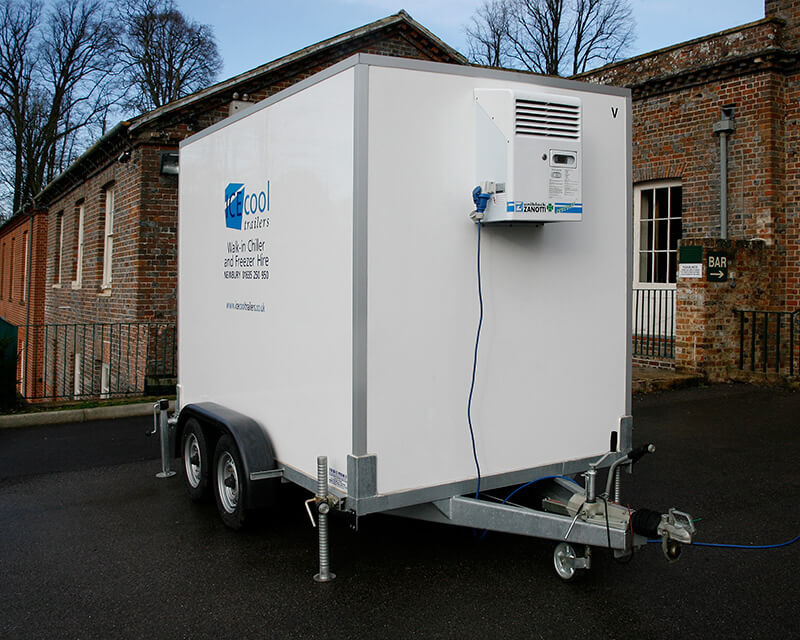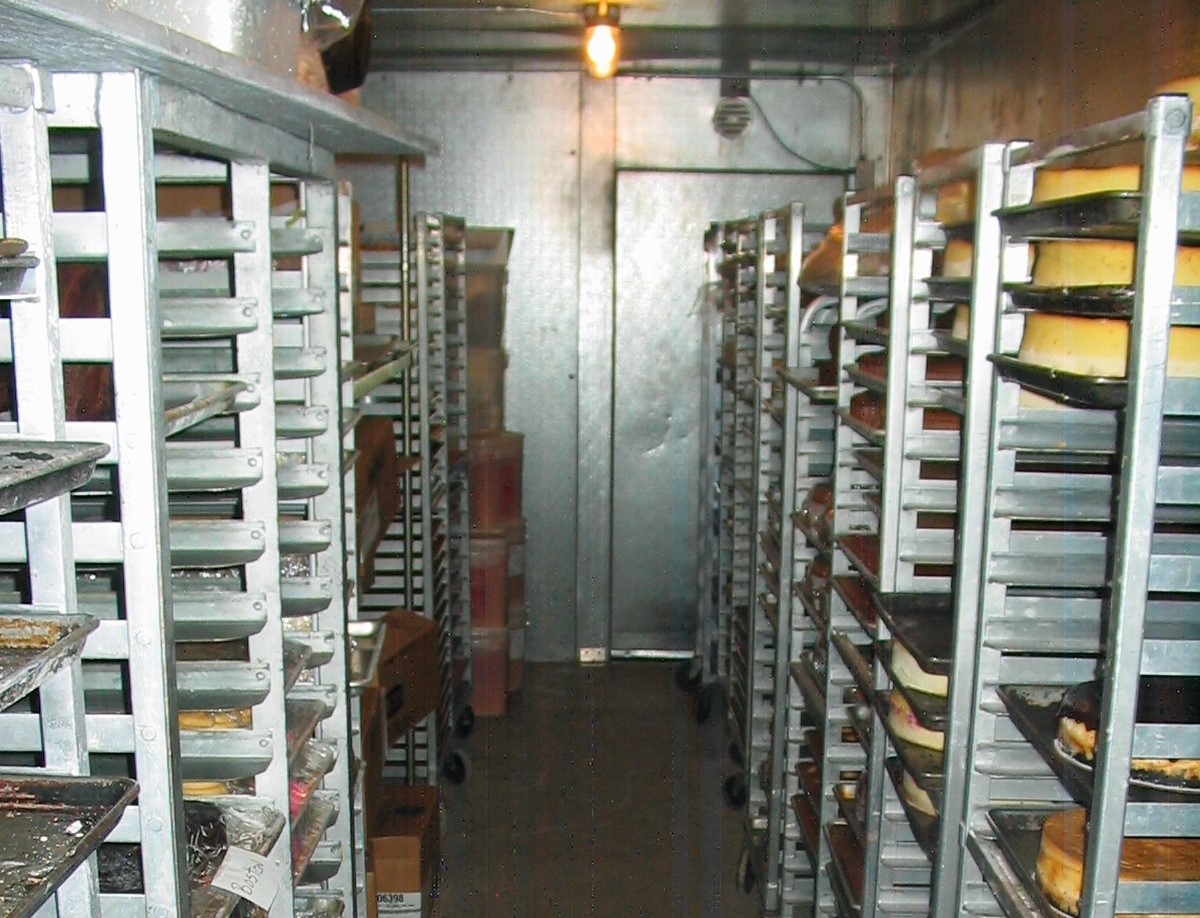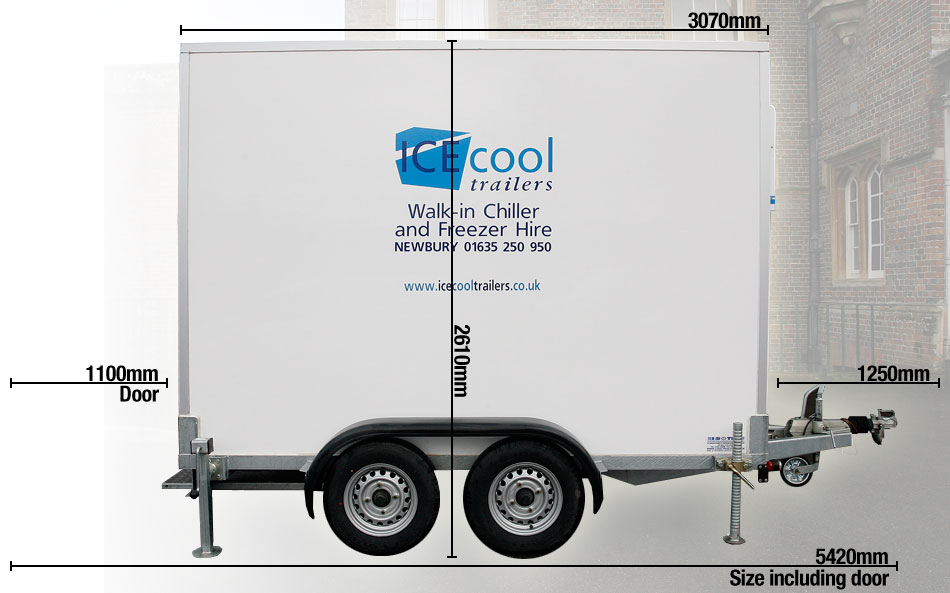Solid-State Temporary Refrigeration Closer to Reality
In 2008, Science Daily published a fascinating article about a new line of research aimed at producing solid-state refrigeration that was both highly efficient and practical to implement. Researchers involved in the project had high hopes that they could create a refrigeration process that would eventually lead to the elimination of compressors, coils and refrigerants that could harm the environment. Now it appears we are closer to that reality than ever before.
According to RAC Plus Magazine, an American company has come out with a brand-new solid-state freezer unit designed for medical use. It is the first of its kind on the market. The unit is capable of storing medical tissue and samples at consistently stable temperatures between -15°C and 25°C, even in environments with an ambient temperature of up to 32°C. The company further says the freezer temperature control is very precise.
The freezer is set to go into production later this year as a test product. If sales prove successful, the company will undoubtedly expand its line to include larger freezers and refrigerators. Strong sales are likely to lead to solid-state temporary refrigeration in both North America and Europe.
{module_webapps,1841,r}
How It Works
The current technology that powers our temporary refrigeration solutions has been in use since the early part of the 19th century. It relies on the expansion and contraction of gas-based refrigerants as a means of removing heat from a confined space. The refrigeration cycle is relatively straightforward.
A gas refrigerant is introduced into the system and sent to a compressor as it enters the cold space. This compressed gas then absorbs heat from the air. The refrigerant travels through the space, out to the exterior and into a heat exchanger. That heat exchanger causes the rapid expansion of the gas, which subsequently releases stored heat. The refrigerant then returns to the compressor and the cycle starts all over again.
Solid-state refrigeration eliminates the need for the compressor and its associated equipment by using electricity and refrigerants known as ferroelectric polymers. These polymers are either in a liquid state naturally, or easy to convert to a liquid state. They absorb and release heat based on electrical current.
Ferroelectric polymers are disorganised at the molecular level in their natural state. In order to get them to organise, electrical current is introduced. As the molecules organise, they absorb heat in the same way compressed air does. Heat is released by turning off the current to allow the polymer to return to its natural, disorganised state.
In a solid-state application, liquid could be moved through the system using the same electric current used to activate and deactivate the polymers. This provides maximum energy efficiency in a package that is smaller and more effective than current compressor technology.
Implications for Our Industry
It may be a few years before we see solid-state applications being developed for temporary refrigeration and freezing units such as our trailers and walk-in rooms. However, we are very confident that day will come. When it does, we will be able to offer more energy-efficient refrigeration and freezer capacity with a smaller footprint. Indeed, we can actually increase storage space without increasing the overall footprint by simply eliminating the compressor.
As a leading provider of temporary refrigeration throughout London and most of England and South Wales, Icecool Trailers is excited about these new developments. The future of temporary refrigeration is only going to get better with the introduction of solid-state technology and eco-friendly refrigerants.
Sources:
1.Science Daily – http://www.sciencedaily.com/releases/2008/08/080807144234.htm
2.RAC – http://www.racplus.com/news/firm-promises-to-disrupt-the-decades-old-compressor-paradigm-with-solid-state-freezer/8686220.article?blocktitle=LATEST-NEWS&contentID=2331



